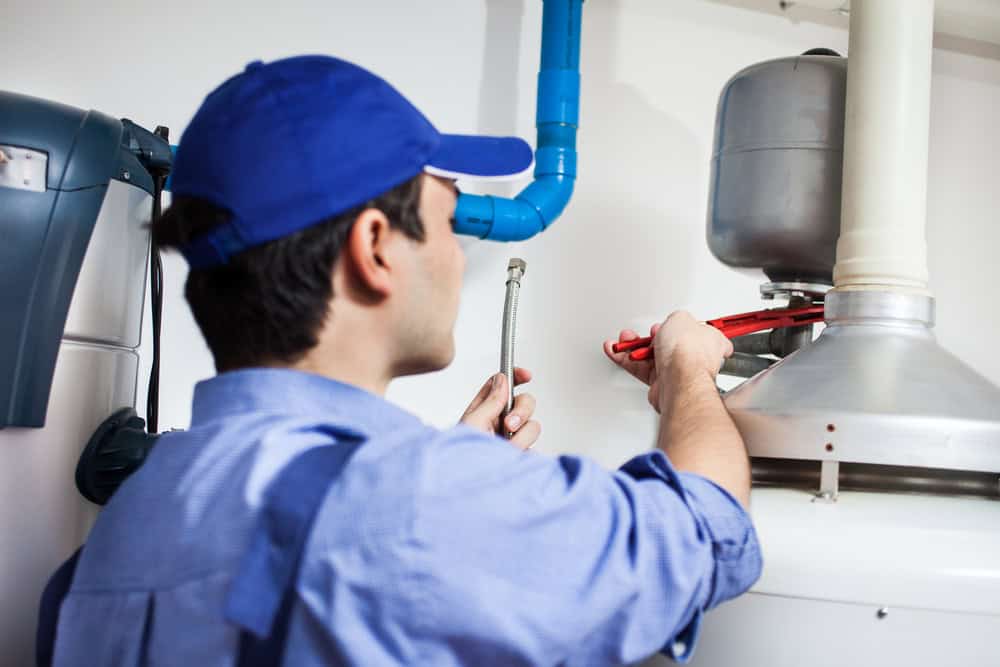Boiler Repair in Locust Valley, NY
When it comes to boiler repair, Joe Sampson’s Plumbing and Heating, LLC in Locust Valley, NY is your trusted partner. Our boiler repair experts provide efficient and reliable services. We cater to both residential and commercial needs.



